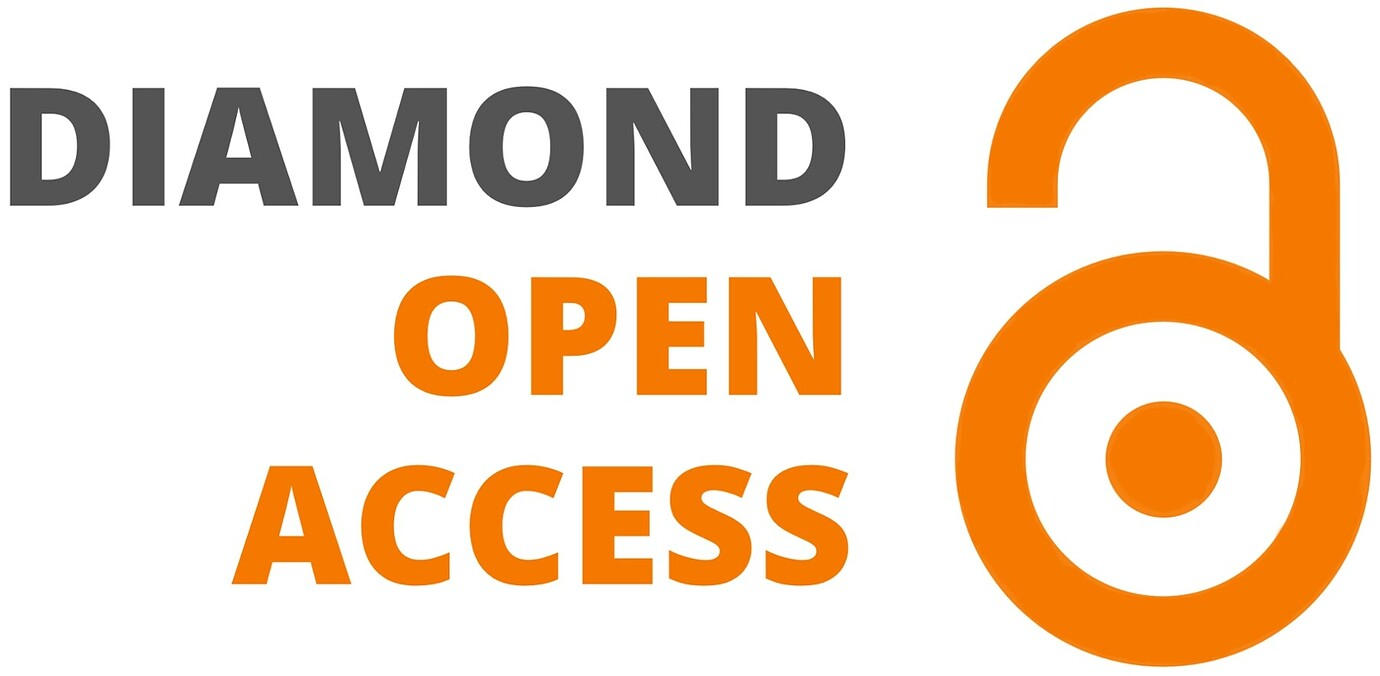Editorial Team
The editorial committee is made up of 21 people.
---------------
7 people represent the operational team that makes decisions on:
- The journal's themes,
- Editorials and thematic issues,
- The journal's direction by selecting articles for evaluation,
- Recruiting members of the reading committee and the scientific committee,
- The entire evaluation process, respecting principles of scientific integrity.
Since March 2018, Sylvia Topouzkhanian (CH Le Vinatier, Bron, France), President of UNADREO, has been the director of the publication.
She is responsible for promoting and raising the visibility of the journal nationally and internationally. She oversees the publication.
Since March 2021, Agnès Witko (Université Claude Bernard Lyon 1 - Laboratoire DDL, Lyon, France) has been the editor-in-chief:
- She writes the editorial policy, updated annually.
- She ensures the coherence of the editorial line.
- She selects the studies to be published.
- She oversees the evaluation process of articles, from review to final editorial decision, while respecting the authors' work.
List of editors-in-chief
- 1986-1991 : Olivier Héral
- 1991-1997 : Marie-Pierre Poulat
- 1997-2000 : Frédérique Brin-Henry
- 2000-2010 : Franck Médina
- 2010-2018: Peggy Gatignol & SylviaTopouzkhanian
- 2018-2021 : Peggy Gatignol & Stéphanie Borel
- Since 2021 : Agnès Witko
Since July 2022, Lydie Batilly-Gonin (orthophoniste, Villeurbanne, France) has been the production director:
- She coordinates the team of editorial secretaries.
- She manages the website.
- She organizes the review and publication according to a schedule decided jointly with the editor-in-chief.
- She lays out the issue in collaboration with the editorial secretaries.
- She manages communication with PKP Publishing Services regarding the functionality and maintenance of the OJS platform.
The team of editorial secretaries is made up of five volunteer speech therapists:
- Florence Baldy-Moulinier (orthophoniste, Lyon, France)
- Bénédicte Bordet-Boullet (orthophoniste, Venelles, France)
- Marianne Le Floch-Bazin (orthophoniste, Juvignac, France)
- Sophie Joly-Froment (orthophoniste, Viévy, France)
- Mathilde Oudry (orthophoniste, Chalon-sur-Saône, France)
They share the proofreading of accepted articles: spelling checks, syntax verifications, numbering, APA standards.
-----------------
14 people represent the Scientific Committee (ComS'). They have been contacted on the basis of their reputation, their field of intervention and their geographical and cultural diversity.
- José Luis Barnay, CHU de la Martinique / UMR-1058 Pathogenèse et contrôle des infections chroniques, Martinique, France
- Asma Bouden, El-Manar Tunis University, Tunisie
- Benoit Amy de la Bretèque, Laboratoire Praxiling Université Paul Valéry Montpellier, France
- Hélène Delage, Université de Genève, Suisse
- Jean-Luc Nespoulous, Professeur émérite en Sciences du Langage, Université Toulouse-Jean-Jaurès, France
- Marion Fossard, Université de Neuchâtel, Suisse
- Pierre Fourneret, Université Claude Bernard Lyon 1 & Institut des sciences cognitives Marc Jeannerod UMR 5229 CNRS - UCB Lyon 1, France
- Nathalie Henrich Bernardoni, Univ. Grenoble Alpes, CNRS, Grenoble INP, GIPSA-lab, 38000 Grenoble, France
- Pr Moustafa Mijiyawa, Professeur de rhumatologie, Université de Lomé, Togo
- Sami Richa, Université Saint-Joseph de Beyrouth, Liban
- Thierry Rousseau, Orthophoniste retraité, France
- Etienne Sicard, INSA de Toulouse, France
- Natacha Trudeau, Université de Montréal, Canada
- Sylviane Valdois, CNRS et Université Grenoble-Alpes, France
The ComS' is the guardian of editorial policy, scientific advisor to the Editorial Team, without operational responsibility.
It contributes to Glossa's vision of speech and language therapy research.
It assists the editorial team in making editorial policy choices, proposes experts for the reading committee, arbitrates any disputes in the evaluation process, and contributes to the dissemination of published articles to the appropriate authorities.
Objectives driven by a vision
- Take account of the international landscape to enrich knowledge and professional practices in speech-language pathology, in line with the reference frameworks available worldwide;
- Strengthen the position of speech-language pathology in a dynamic environment fostered by all forms of research (fundamental, applied, translational, economic, clinical).
- Take a step back to consider the needs of populations in terms of language and communication care, and the contributions of research to meeting them.
- Convene the committee in the event of serious breaches of the publication procedure.




